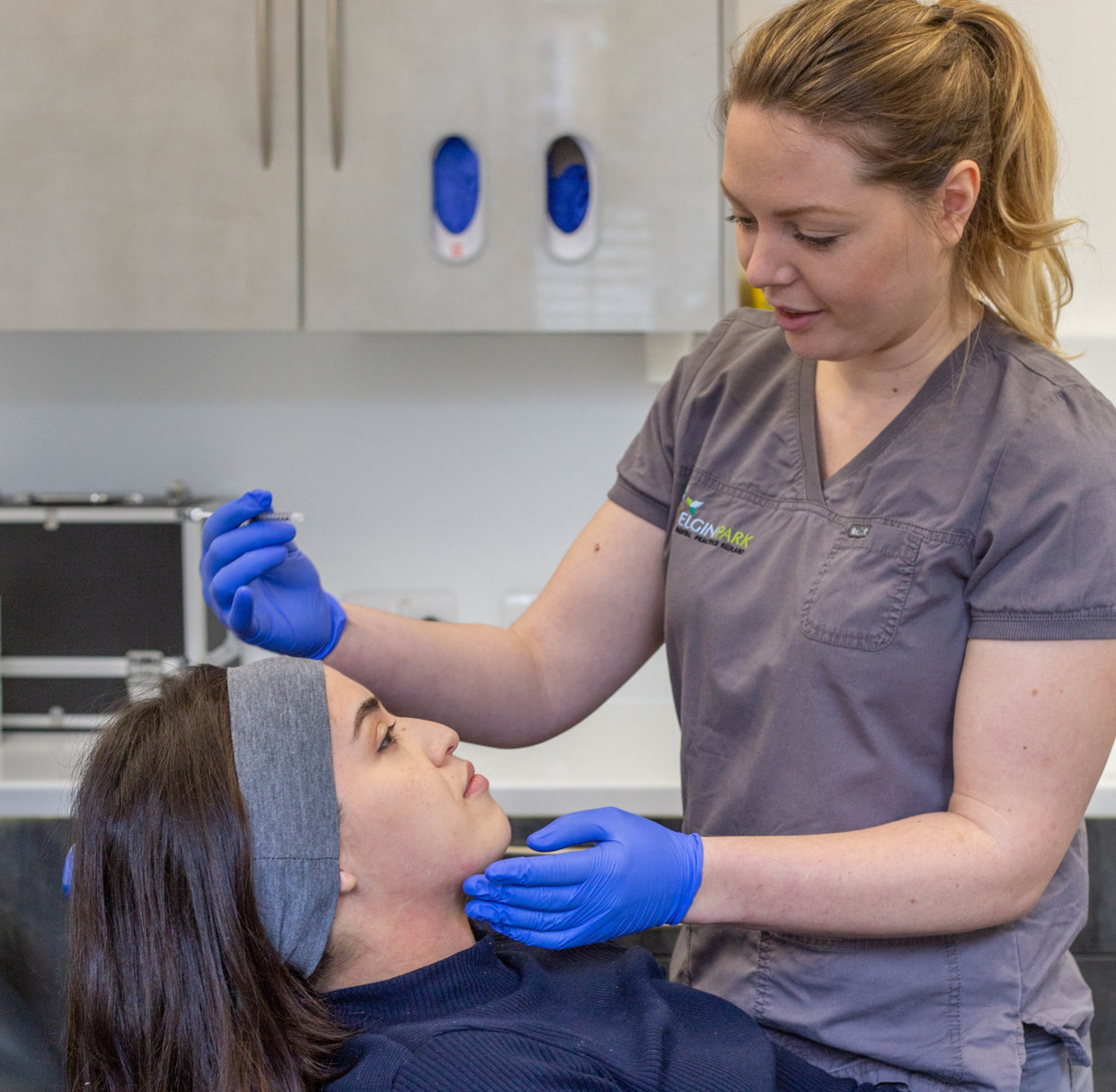Oral Surgery ELGIN PARK DENTAL PRACTICE

What is oral surgery?
Oral Surgery encompasses the diagnosis and surgical treatment of pathology of the mouth and jaws. In dental practice this usually consists of complex dental extractions (usually wisdom teeth), biopsies in the mouth, management of dental cysts and uncovering of teeth as part of brace treatment. It also encompasses management of dentally anxious and medically complex patients.
Dr Collins has over 7 years of oral surgery experience and is primarily based at the Royal London Dental Hospital. She is also trained in conscious sedation techniques and has a special interest in managing anxious patients. Dr Collins also offers treatments for facial aesthetics and jaw pain (temporomandibular joint disorder).
Laura has extensive experience in oral surgery and accept both self referrals and those from external dental practitioners.
If you are a dental practitioner and would like to refer your patient for oral surgery please use our online referral form
Implants can be used to replace single teeth or a full jaw of teeth. Patients with loose full dentures can stabilize them with the use of implants.
Further information on dental implants: www.straumann.co.uk


